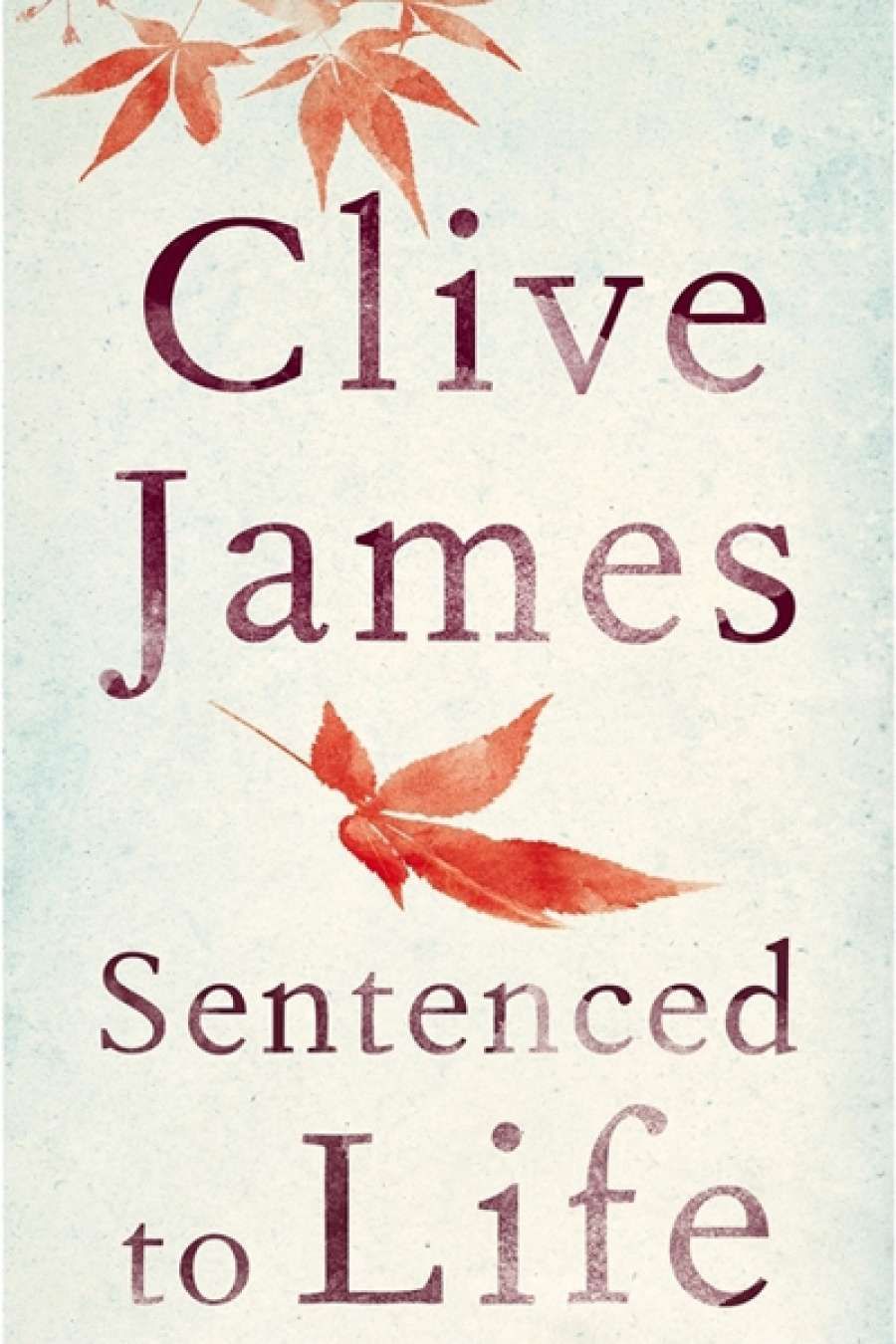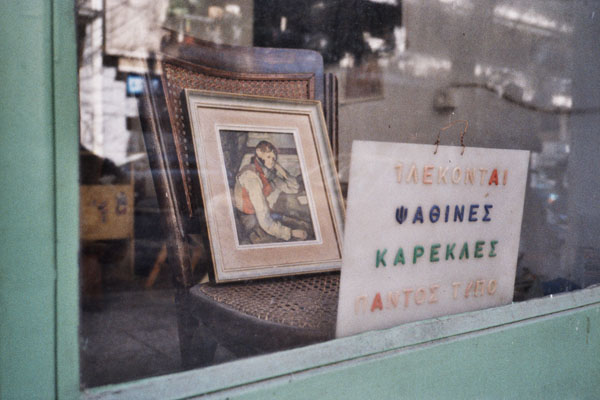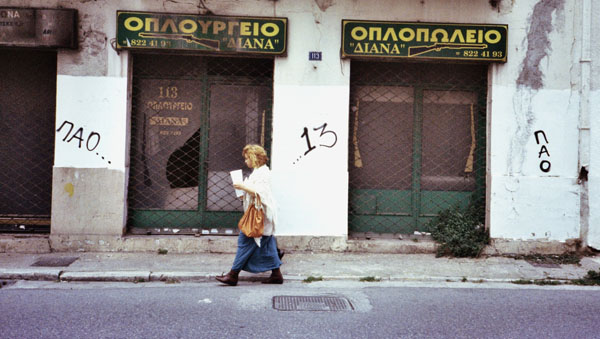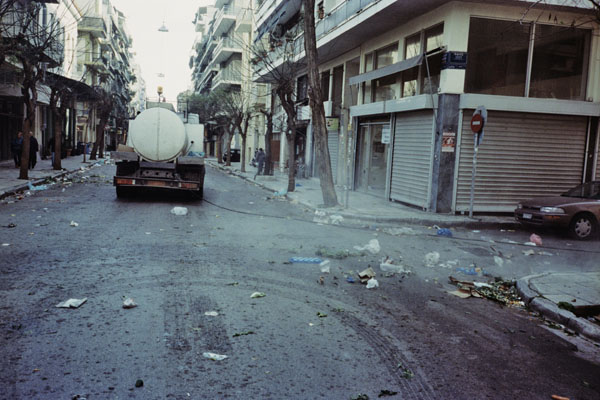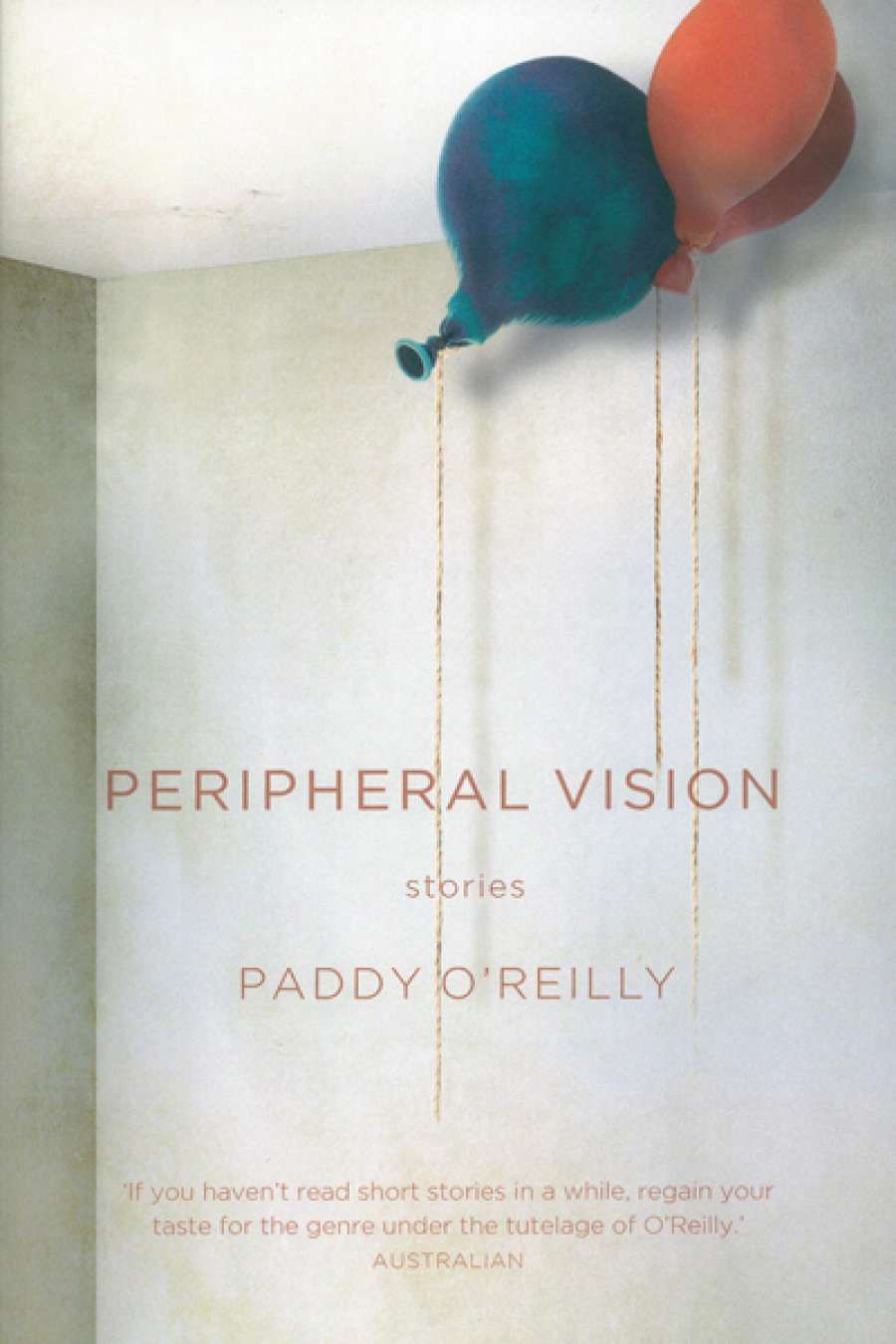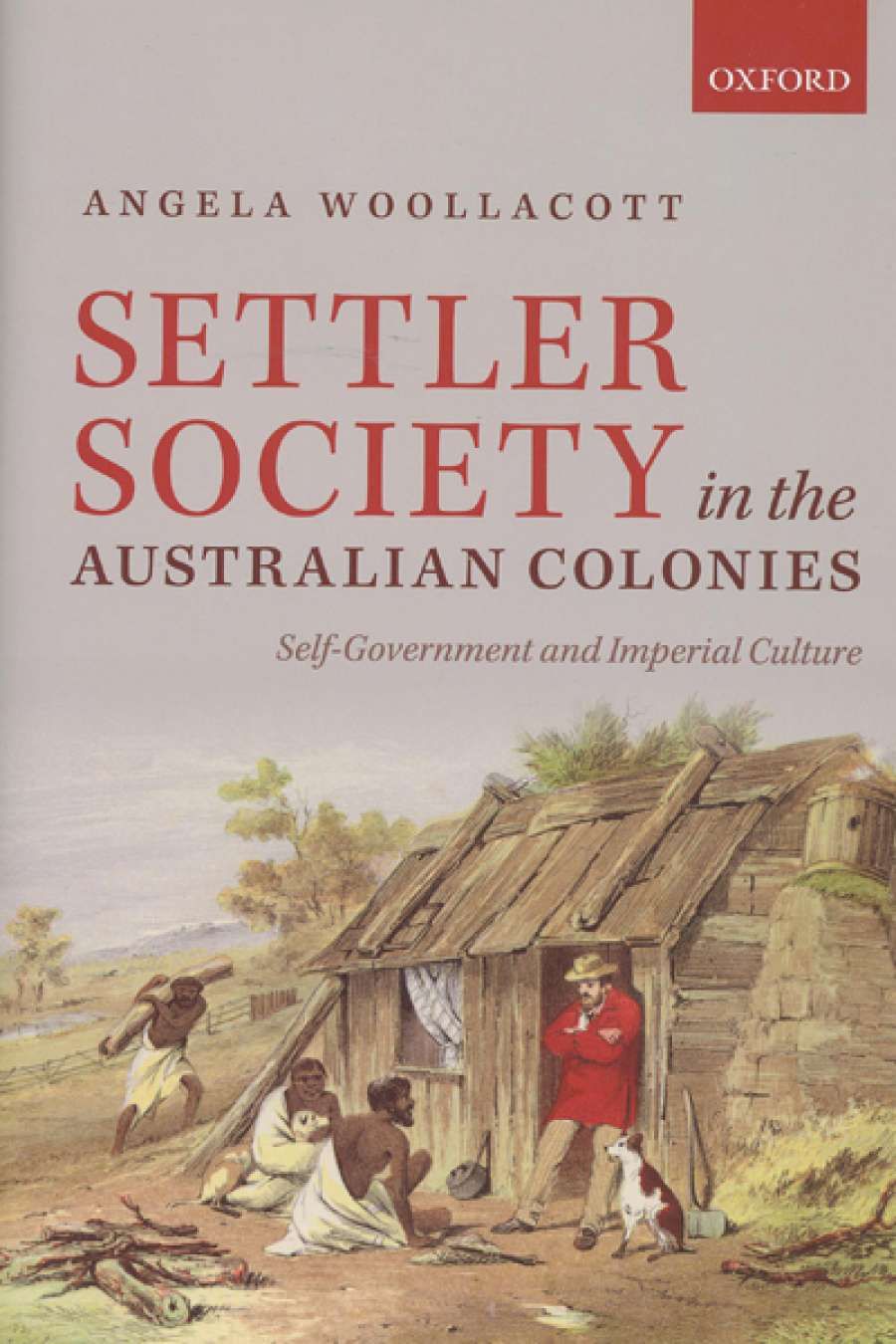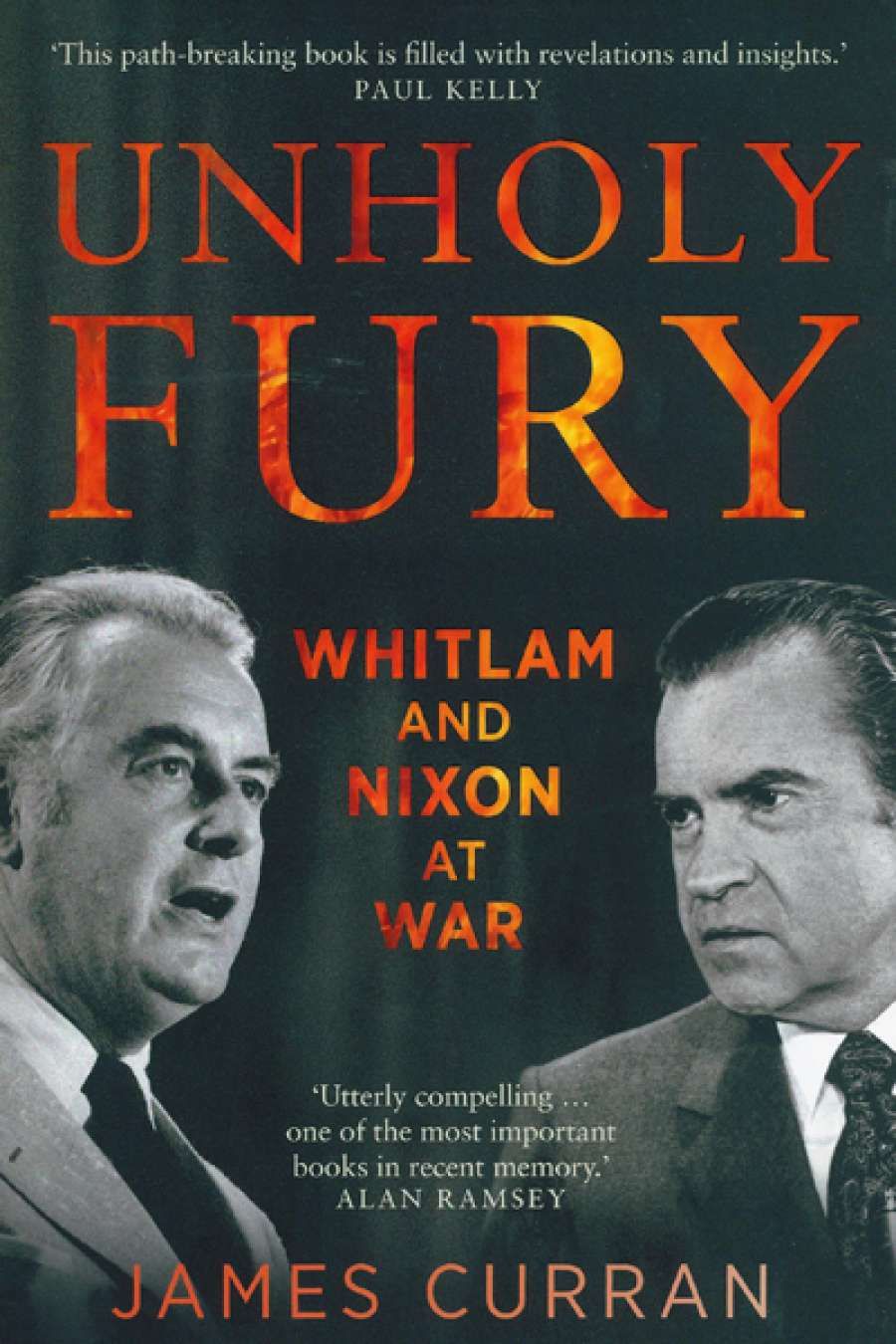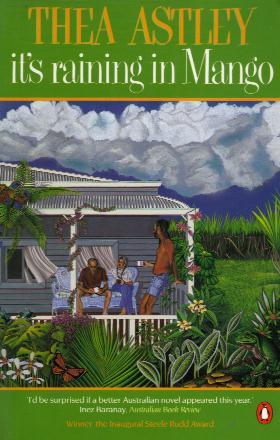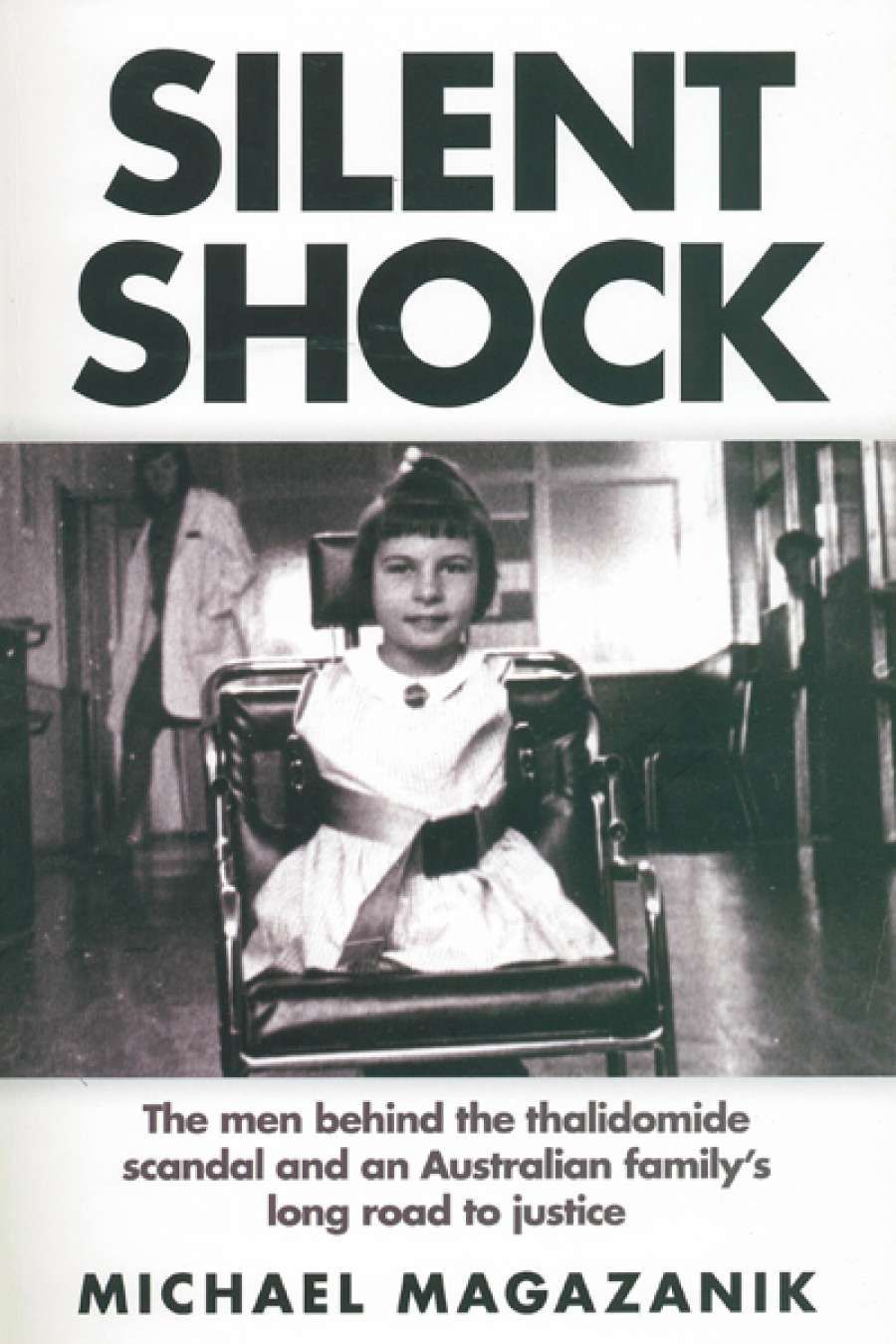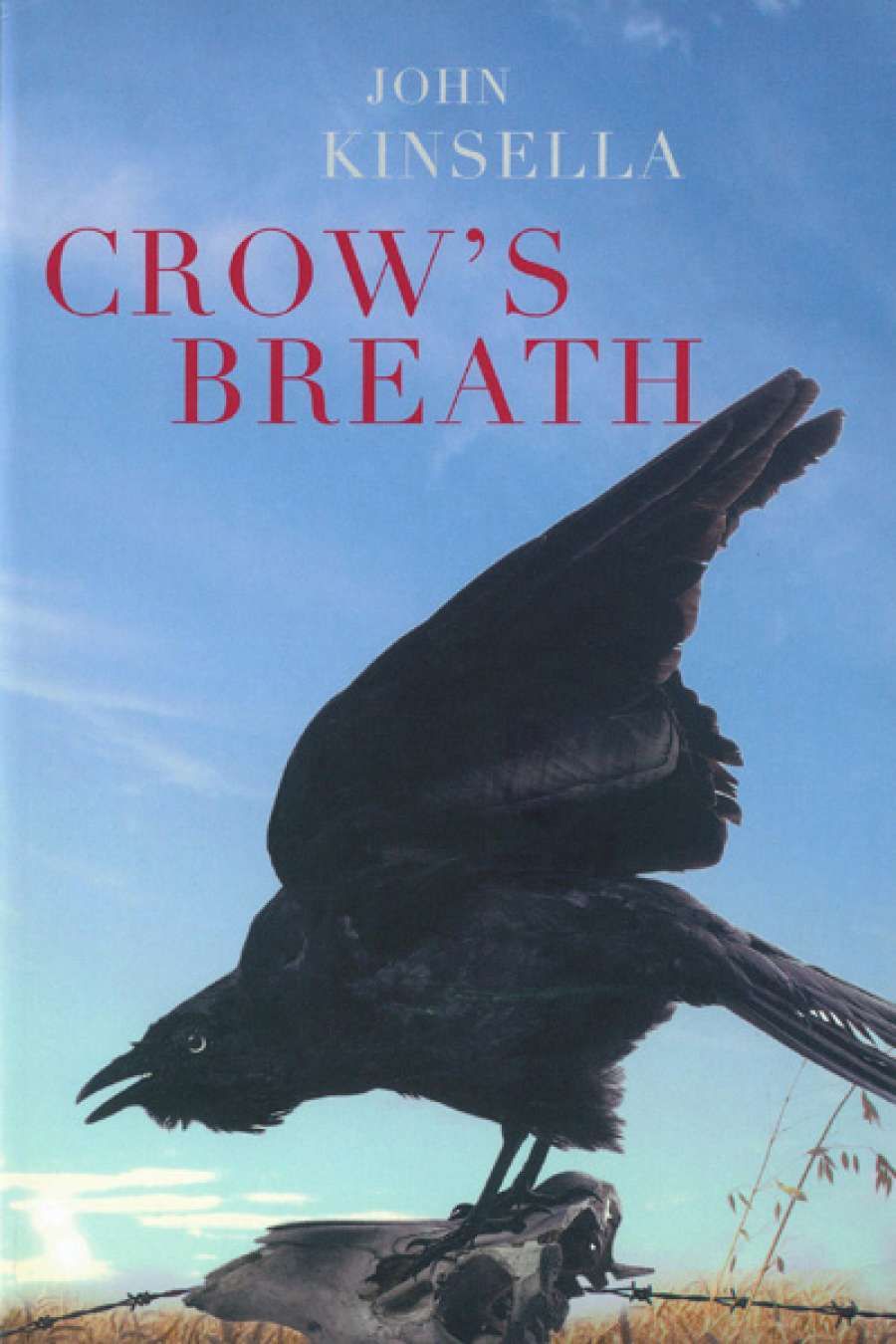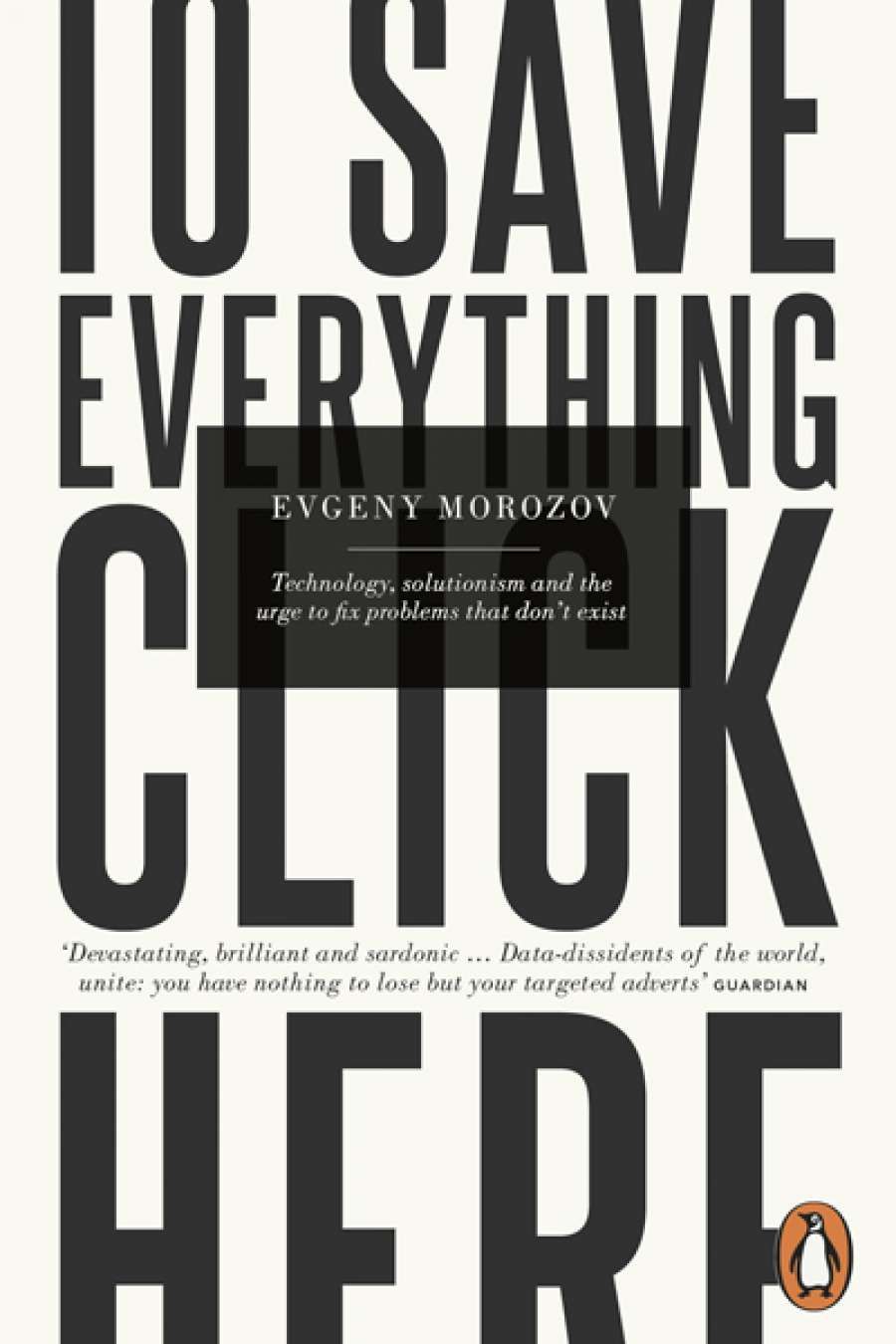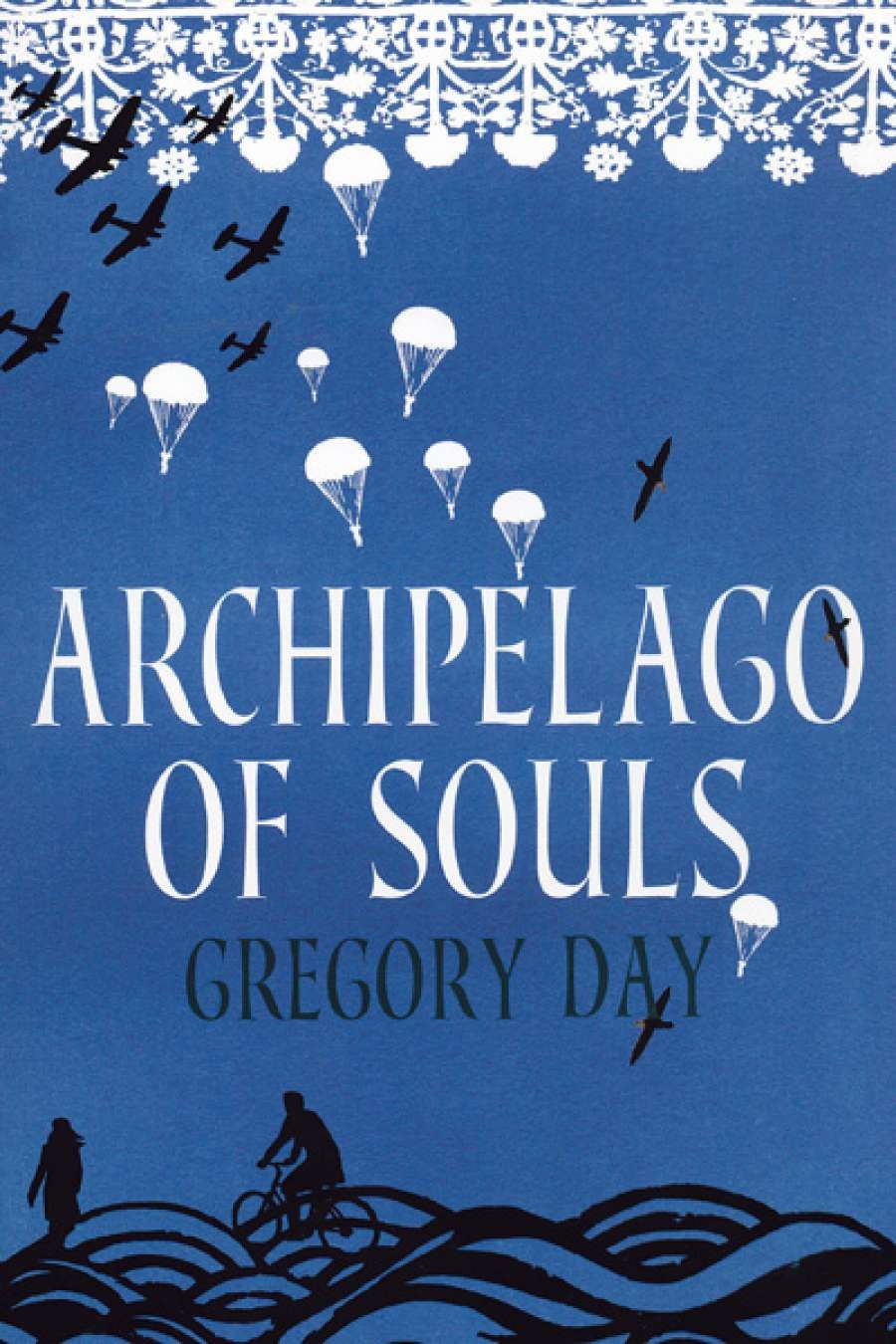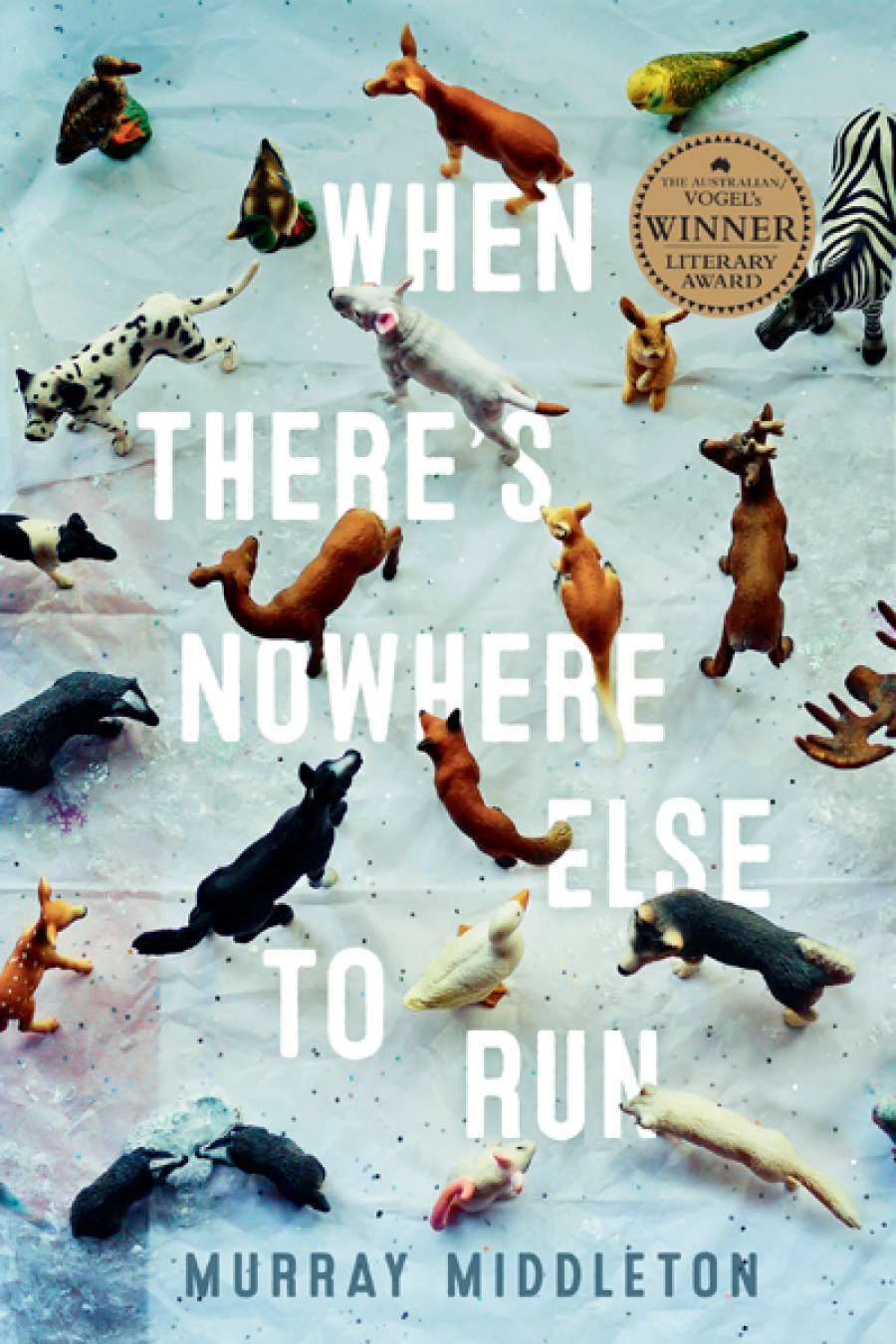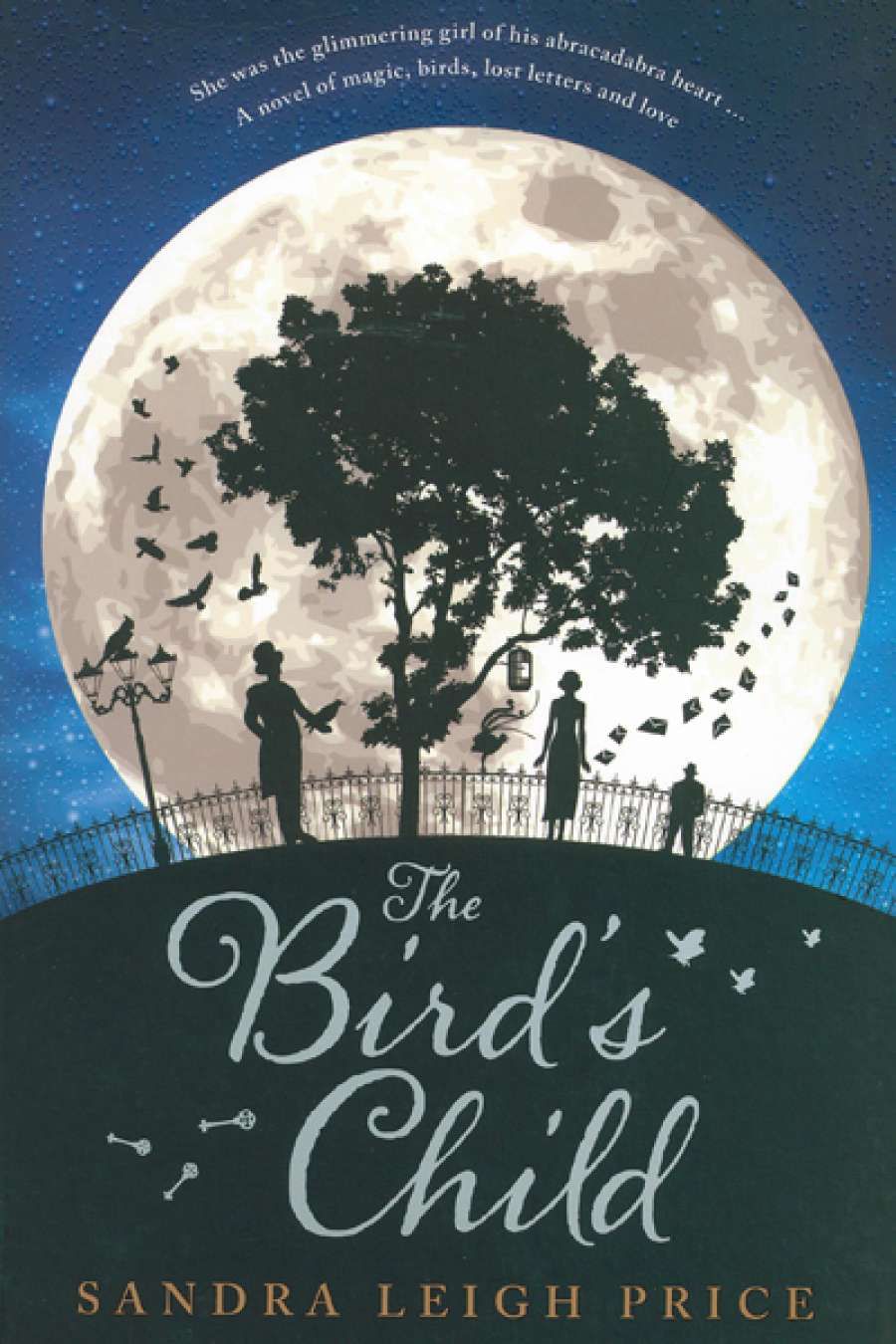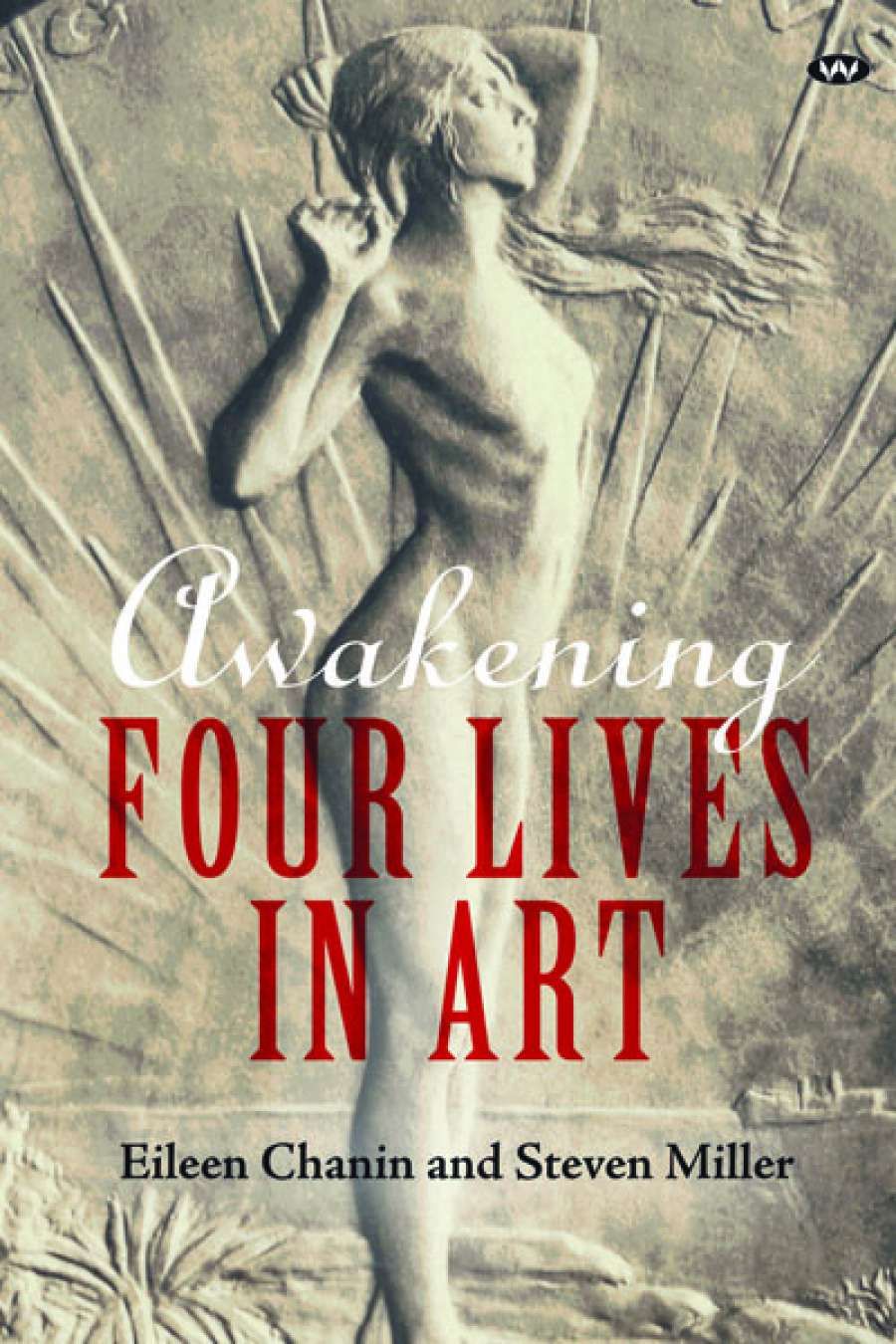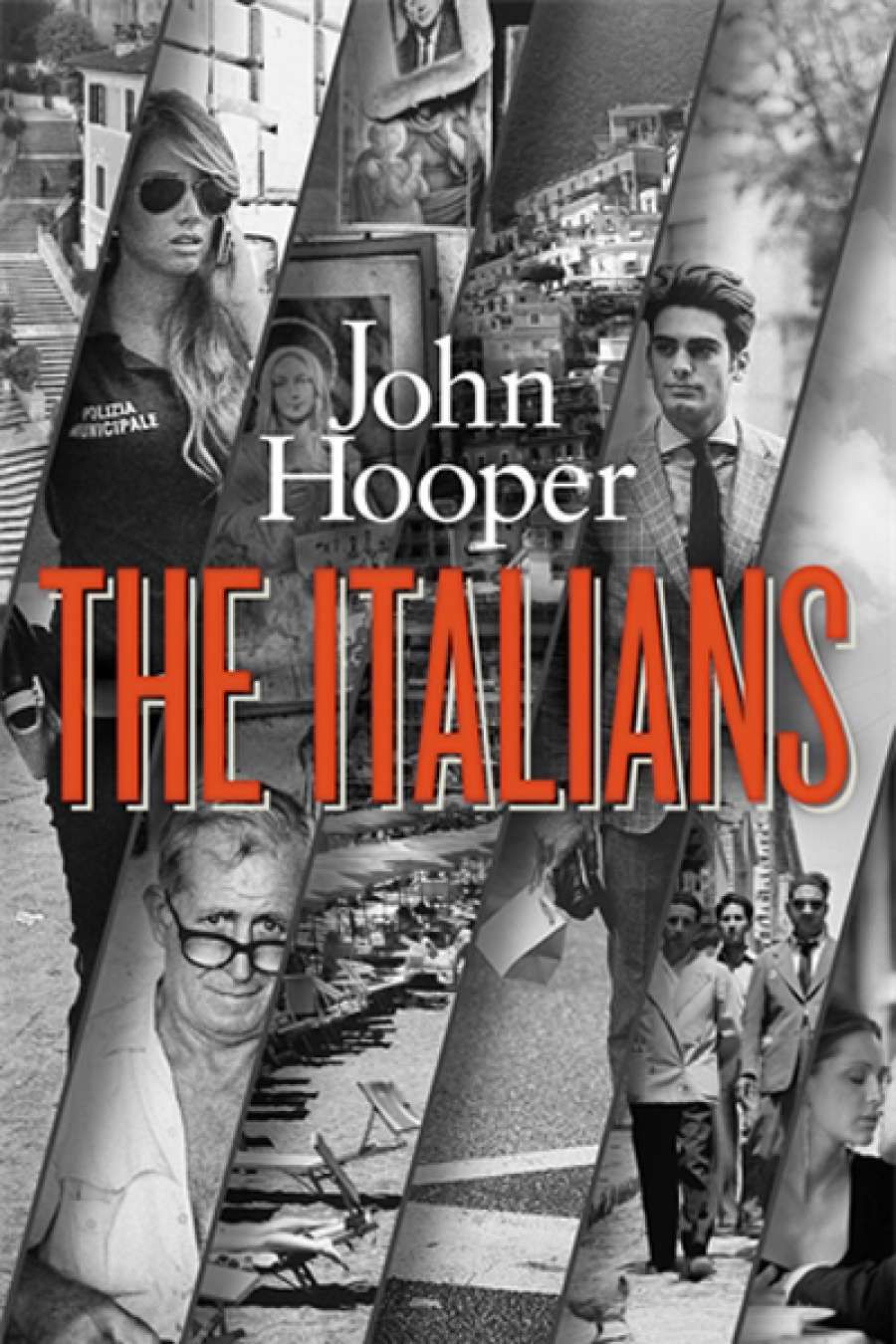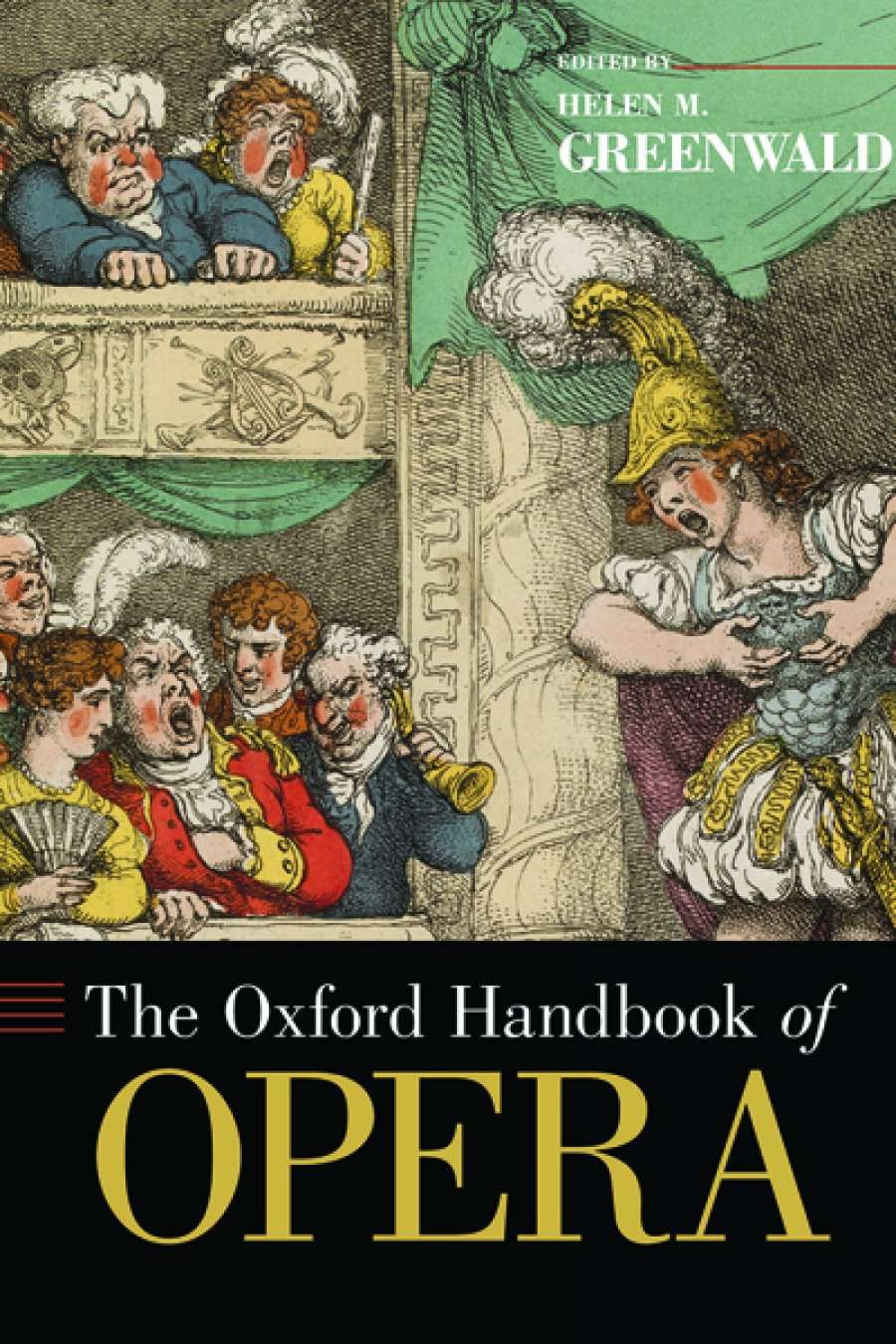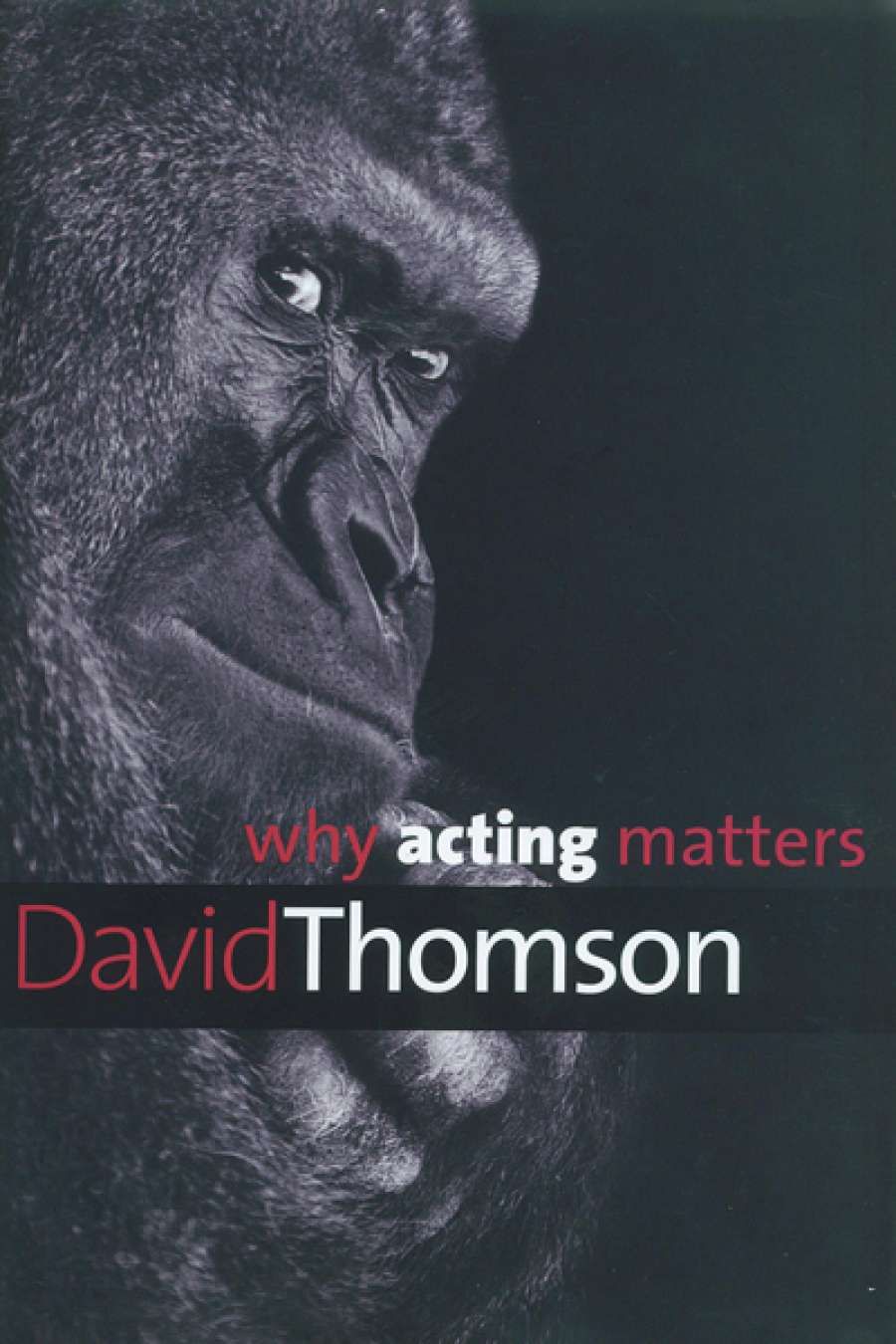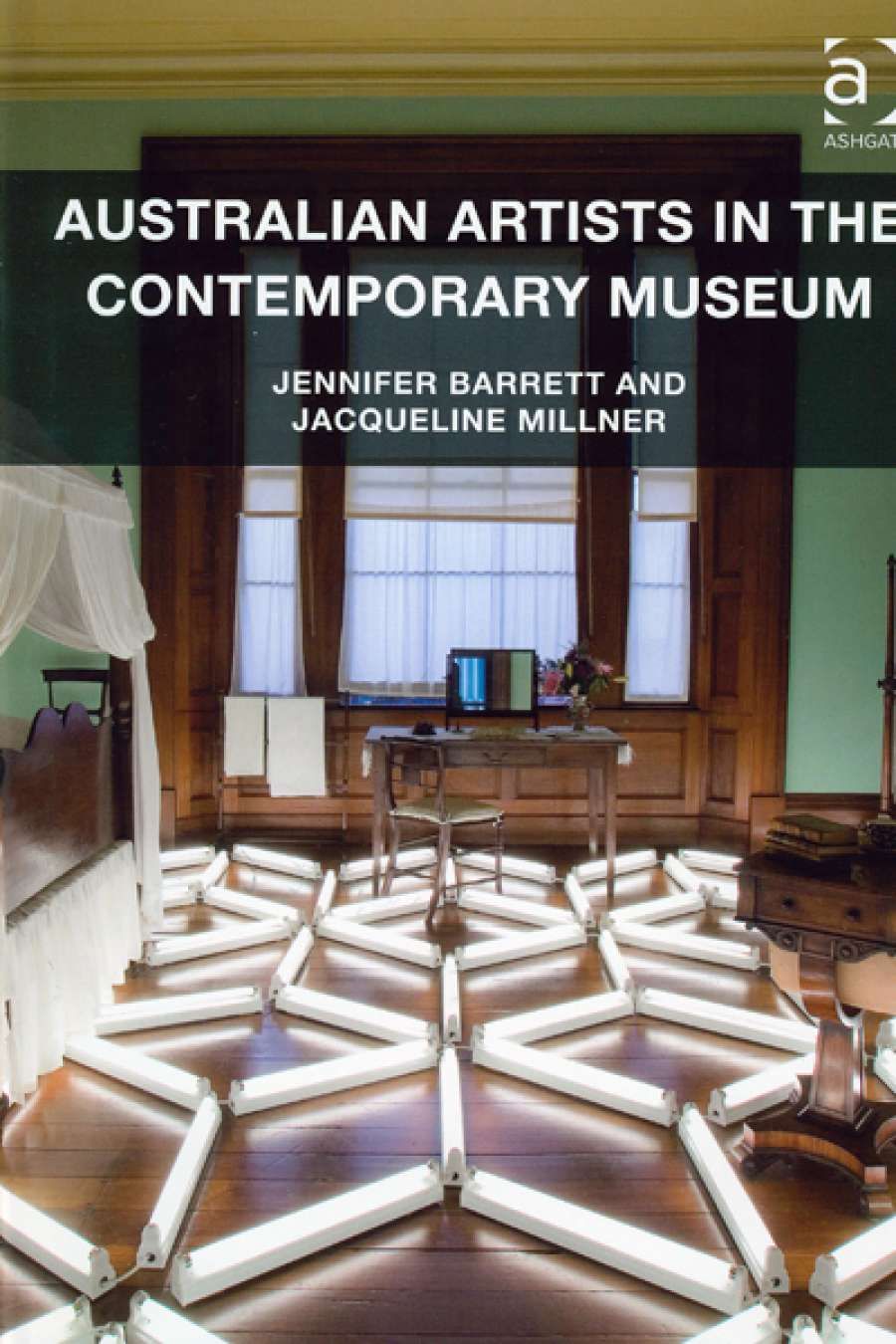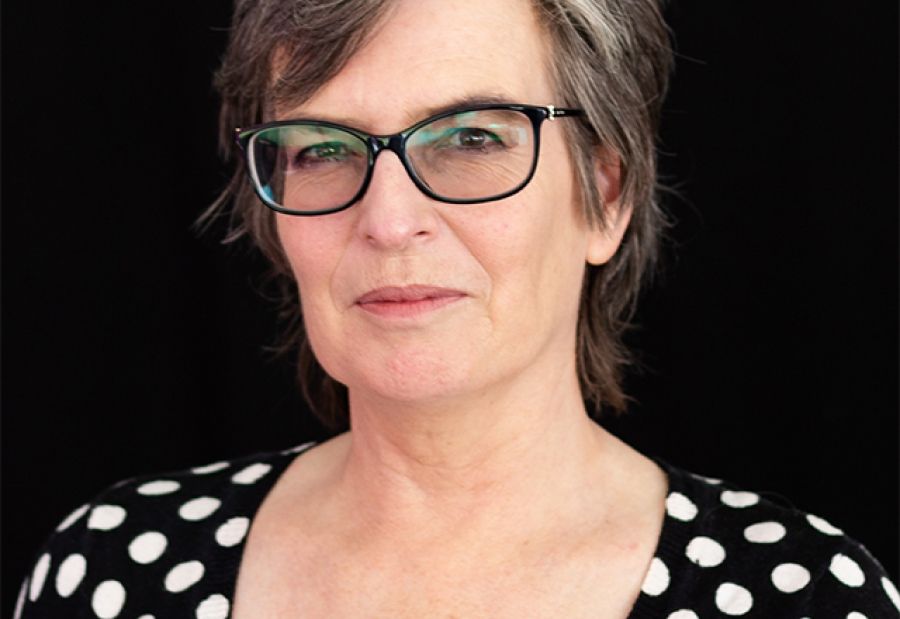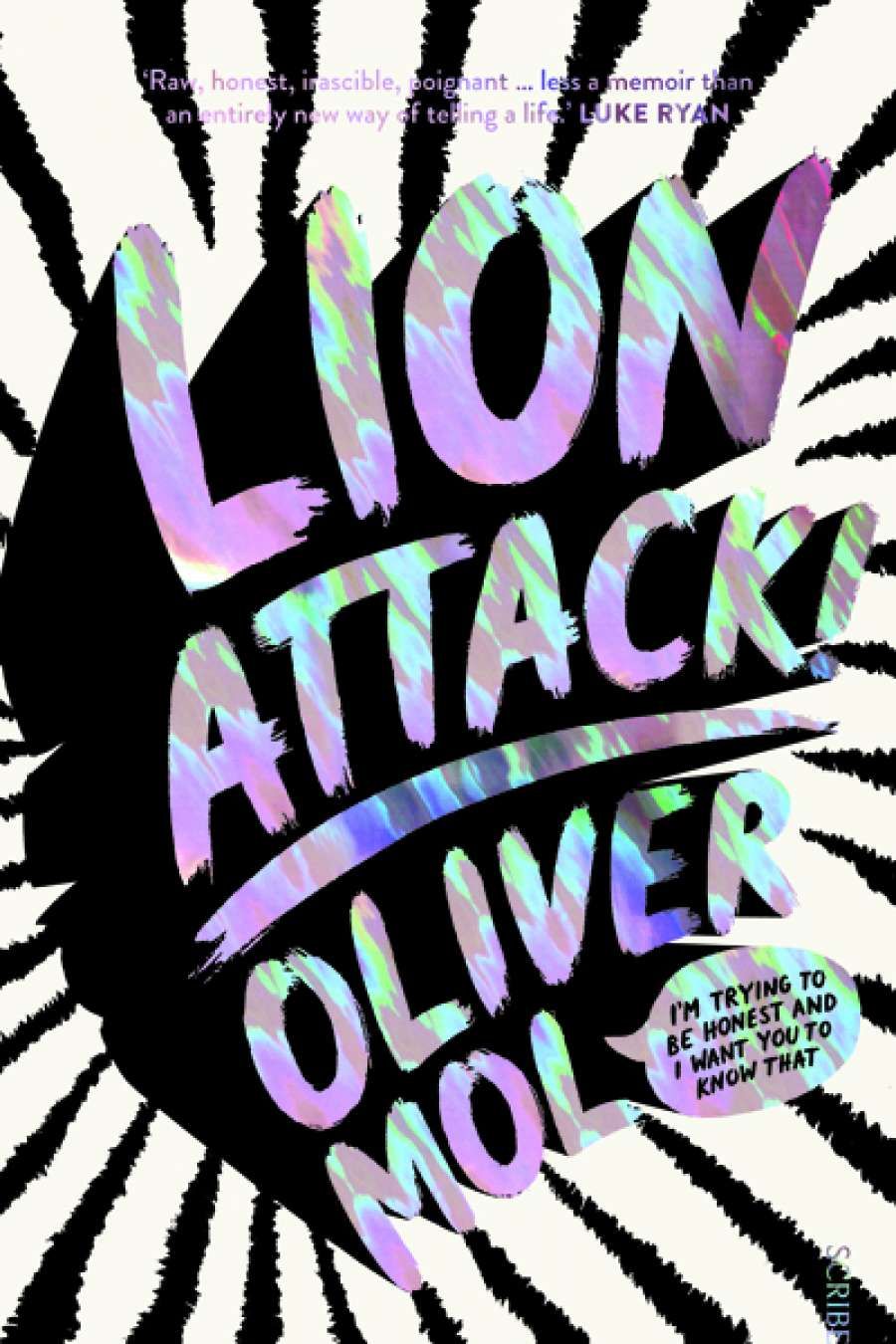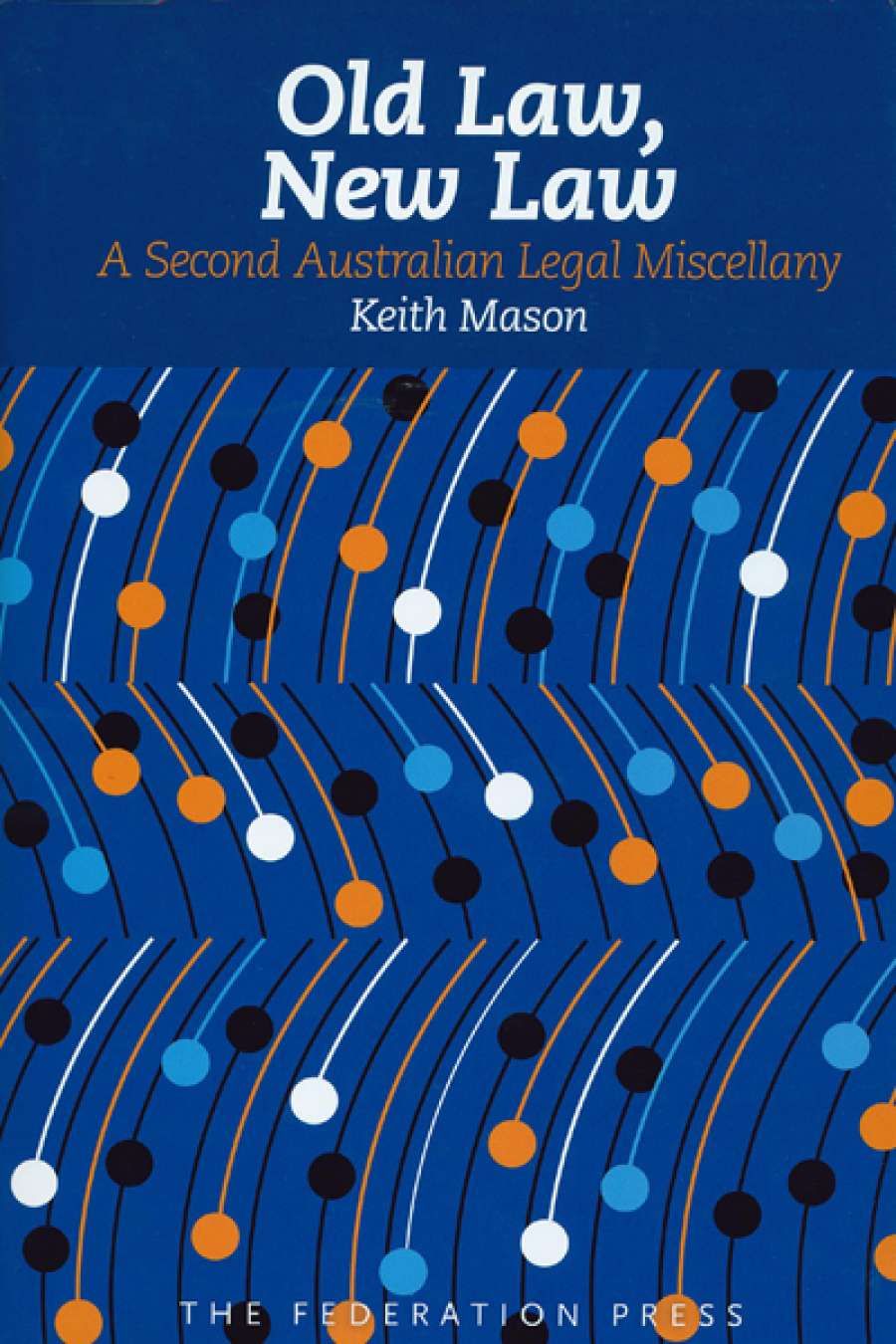It’s Raining in Mango: Pictures from the Family Album was first published in 1987, on the eve of the bicentenary of white settlement in Australia, when many versions of the story of Australia were advanced and debated. Thea Astley’s book presents a family, the Laffeys, as a microcosm of the national story. It is a novel made up of stories told by Connie, an ageing woman, as she mulls over ‘pictures from the family album’, covering a period from the 1860s to the 1980s.
The title refers to Mango, an imaginary small town rather like Kuranda, near Cairns in far north Queensland, where Thea Astley lived for some time, and which is the heartland of her fiction’s landscapes. The rain signifies the onset of the tropical wet season, which brings regeneration after months of intense heat in the ‘build-up’ following the dry months. The Wet can also bring cyclones and floods, destruction as well as renewal. The rhythm of these seasonal changes runs through the human emotions dramatised in It’s Raining in Mango. The book’s epigraph is a song from the Oenpelli region (further west, in Arnhem Land) which welcomes the rain as ‘it falls on my sweetheart’, on the land that longs for it.
A short preface dramatises the beginning of Connie’s movement back to recall the past, via the family album. ‘A chanting mob of greenies’ demonstrate against a new road being hacked through the rainforest. Her son Reever has lashed himself to a tree, fifty feet above ground. Connie runs down from her house to remonstrate with him, but falls and is concussed. In a confused state, she is struck by the power of the idea of home, which stayed with her whenever she travelled: ‘a sense of self lamented its lost sense of place.’ Despite all the people she has met outside of this place, ‘only the family as she knows it has cohesion, provides a core’. Mentally listing them, from her grandparents down to her son, she thinks of the family as intimately bound up with this place: ‘Laffeys. In this rainforest triangle, tented in green. Bedouins of the sticky leaf.’ Awareness of her age and her present frailty, and the repeated phrase, ‘She goes back to the start of things,’ all create a sense of urgency that carries the reader with Connie into the stories which follow.
The stories create a discontinuous narrative of the Laffey family’s history in the far north since the 1860s. Like Astley’s own grandfather, Cornelius Laffey arrived in Queensland from Canada to work as a journalist and eventually deserted his wife and children. In the first story, ‘How to get sacked’, Connie remembers herself as a child, begging her grandmother, Jessica Olive, for stories about Cornelius. ‘He’d charm the halo off a saint,’ she was told, ‘Or at least make the saint wear it tipped sideways.’ Taking his young family from Sydney up to the northernmost settlement, Cooktown, Cornelius gets a job on the local paper and continues on his merry way, much to Jessica Olive’s distress. Even more distressing, however, are the family’s experiences of the even more remote goldfields, and of the massacre of local Aboriginal people by diggers. George, their son, is traumatised by the discovery of a ‘bonefield’ of unburied Aboriginal men. ‘Are blacks worth less?’ the child asks. Cornelius writes articles in condemnation of the way ‘Blacks are now being shot on sight as if they were some pernicious vermin’ – and is sacked for his efforts.
It's Raining in Mango (Penguin edition, 1989)
Buy this bookThe other stories focus on various members of the family – George and his sister Nadine, who has a child when she is fourteen and runs away from home, ending up working in a brothel; Jessica Olive bringing up that child, her grandson Harry, alone after Nadine’s death and Cornelius’s disappearance; George and his wife Mag and their children, Connie and Will; Harry and his wife Clytie, who give Connie and Will a home after their parents’ deaths, during the 1930s Depression. As the stories progress, there is a more consistent focus on Connie and her brother Will, coming to a tragic climax in the penultimate story, ‘Old Man in a Dry Month’ (the title phrase is taken from T.S. Eliot’s poem ‘Gerontion’, signifying not just old age but spiritual dryness and despair). This climax happens at the time of the protest against the making of a road through the rainforest, with which the series began. The final story, ‘Source Material’, focuses on Connie’s son Reever, now about forty years old, who leaves Connie and home in Mango soon after Will’s death, to walk even further north.
At intervals the lives of an Aboriginal family, Bidgi Mumbler and his descendants, touch on those of the Laffeys: they may not feature in the white settler family’s photo album but their focal presence in three of the stories, where they intersect with the Laffeys, is a reminder of their continuing presence, and of the violent dispossession that they suffered at the hands of white colonists, settlers, and diggers alike. The initial stories of massacre are followed by incidents of child removal (‘Heart is where the home is’), racial discrimination and brutal beatings to which the law turns a blind eye (‘It’s Raining in Mango’).
Violence is the central theme of these historical stories – of lawlessness on the mining fields, of poverty, of returned soldiers after World War I walking the roads looking for work and being beaten by the police (‘Right off the map’) and returned soldiers traumatised by World War II like Will (‘Committing Sideways’). Violence is also present in the smaller cruelties practised in institutions. Closer to the present, Australia’s violent history manifests itself in the greed of the ‘developers’ who tear down the rainforest, and in the way the ‘family’ of drop-outs cadge off Will and mock him.
At the same time – and this is why reading Mango is a pleasurable experience – it is a history of human types and events that are often comically outrageous. As well as Jessica Olive’s tirade against the local priest, there is the brothel where Nadine fetches up, washed out to sea during a cyclone with its cargo of singing prostitutes; there are Harry Laffey’s multiple seductions and his violent death (his wife publishes a death notice which reads: ‘husband of Clytie Roseanne, mourned by Lucie Compers, Martha Zweig, Etta Panici ... and others too numerous to mention’); there is Chant the false prophet and his followers, there is impoverished Billy Mumbler, gaoled for tax evasion, and many more. The Far North is ‘a kind of human confetti’, as Reever sees it: ‘Beach hermits, crazy ferals, tin scratchers, yacht freaks, madmen still fossicking for gold in tableland backwaters, dole gurus in Mango’s hills, southern sharpies declared bankrupt there but mysteriously solvent here, junkies and dope dealers … – an army of workers, scroungers, pseudo-saints and the real thing’.
At least some of this ‘human confetti’, however, have made their home here for generations, like the Laffeys, and as Will inverts the old saying, ‘Heart is where the home is’. They belong, if they belong anywhere, here in the North, managing a pub (Jessica Olive), working a small farm (George, then Harry) or a garden (Will), nursing at the local hospital and sometimes teaching music (Connie), doing odd jobs and hanging out with the hippies and protestors (Reever). Their belonging is implicitly at odds with the mythology of heroic white settlers: Jessica Olive is scornful of the ‘pioneer fantasy’ that underpins her son George’s desire to farm; Will reflects that ‘this country eats up towns’, small inland settlements ‘the wind-shot, bush-pole scrubbers tied into settler hearts and nailed down with the excitement of vision’.
A different kind of belonging to the land keeps the Mumblers together despite the best efforts of police and welfare workers to deprive them of each other, as they had long ago been deprived of their traditional hunting grounds. ‘Heart is where the home is’ for Nelly Mumbler, when she returns to the camp rather than accept George’s offer of a home for herself and her man, which might keep her baby safe. Billy Mumbler’s mother sends him a letter when he’s in gaol: ‘You come soon, you homes hear, its rainin in Mango.’
The Laffeys’ is a tentative kind of belonging. At the end, Reever recalls all the family stories, including Connie’s account of her wartime years, her sexual initiation and her brief marriage to his American father, who died at Iwo Jima. By now he shares his mother’s sense of being made up of many selves, of Jessica Olive, Cornelius, George, Nadine, Harry. He resolves to go back to his ‘source material’, to walk as far north ‘up to Charco and in to the Palmer’, the far north river settlement where the family saga started. He sets off on foot, with only a backpack.
‘Suicide haunts the stories in Mango’
Reever’s decision recalls the desperate swagman’s intention to head north ‘right off the map’, but in that earlier story the unnamed man’s desire for an extreme destination strongly suggested that suicide was his aim. Suicide haunts the stories in Mango – first this swagman, then Harry’s death, described by Connie as a possible case of ‘committing sideways’, her euphemism for suicide. Then there is the young man washed up on the beach in ‘Build-Up’, whom Connie resuscitates, only to hear his first words: ‘Thanks for nothing.’ Last and most tragically, her brother Will pays all his bills, makes her a farewell visit and drives away with his rifle: ‘She will never hear the shot.’ Reever’s departure, we surmise, is his way of grieving for Will, who appears to him, ‘broken in a spiritual two beside the path where he’s standing. Will, ankle-deep in mud, pleading for something.’ Connie’s grief takes a different form: ‘Even at the end of things, she is still looking for a reason.’
Connie is the central consciousness of this story sequence, the one who is capable of thinking herself into the position of each of her family members in turn. But it is her brother Will whose life gets the most extended treatment. He is the focal character of three chapters, and he emerges as a tragic figure. Always a loner, he is bullied at school for his love of music. As an adult, traumatised by his wartime experiences, aware of his sexual attraction to other men but hating the thought of ‘the passing insults from louts’, he lives most intensely with his music, his painting and, eventually, the garden he builds at Mango: ‘it was as if the fecundity missing in his personal life transferred itself to the luxuriance of his park.’ His closest encounter with another human being, however, is with his sister Connie, when as adults they swim naked and make love at a moonlit beach. This extraordinary incident Astley treats with understated sympathy, unlike any other sexual encounter in her fiction: ‘They walked back to the house parted by what had happened. There should have been horror somewhere but there wasn’t quite that. Will felt as if something had entered his life and then drained it.’
Eventually, in his sixties, Will becomes infatuated with one of the young men in the ‘family’ of drop-outs who are camped in his garden. This beautiful young man (his ‘skin glistened like tanned silk’) is a talented musician. He is also a callous user of others. He plays on Will’s attraction to him, while the other family members look on with dismay or amusement. It is his girlfriend, Flute, who flings the first insult at Will: ‘You’ve got the hots for him, haven’t you, mister? ... And it isn’t any good, is it, because you’re not making any play, are you? ... You ought to hear the things he says about you! God, you’re a laugh!’ But far worse – ‘the ultimate debasement’ – is when Buckle turns on him when he tries to join the family in their protest against the road builders: ‘Piss off, old man.’
Connie rescues Will from this humiliating encounter, but nothing she says can rescue his faith in life. ‘It’s as if all my nerve centres have been wired up again and wrong,’ he tells her. In response to her suggestion that her way of coping with old age might work for him – ‘I go back and back. There’s safety there. Today is yesterday already’ – Will says, ‘I can’t move out of this stinking present.’ At the end, he drives away from Connie, and from the old homestead where she is keeper of their family’s past. As he is leaving he ‘raced up the steps as if he were twenty again and had come to some decision, and, putting his arms round her, hugged her tightly and warmly and said, ‘I love you, Con’. This reminds Connie of ‘that day, that night, forty years ago’ and she is frightened. Nothing more is said, but readers know, from Will’s sleepless musings at the opening of this chapter, that he has indeed come to a fateful decision. Yet a feeling of peace accompanies his thought that this ‘dear little planet’ affirms his faith in God, and he finds himself whistling Schubert’s ‘The Winter Journey’, which reminds him of waiting for the Wet to begin, the renewal process, while at the same time suggesting that his journey of despair, his Winterreise, is ended.
Connie understands a great deal about the brother she loves, but she appears not to understand what bearing his homosexuality might have had on this flight from himself and others; nor is she aware of the danger he courted in taking in the hippie ‘family’ and falling so hopelessly for Buckle. Astley invites readers to understand this, however, by showing Will’s inner reality directly and at length. In this way she ‘frames’ Connie’s limitations as a storyteller.
There is another example of this kind of critical narrative framing to be seen in the story called ‘Heart is where the home is’. It alludes to the Stolen Generations of Aboriginal children: George and his wife Mag hide Nelly Mumbler’s baby from the invading police who intend to take him away, and then offer her and her man a safe home on their farm. Nelly cannot accept: ‘Don’t want to leave my family,’ she sobs. George does not understand why: ‘God love us, they’re only a mile up the river.’ But ‘family’ for her is:
The old men old women uncles aunts cousins brothers sisters tin humpies bottles dogs dirty blankets tobacco handouts fights river trees all the tribe’s remnants and wretchedness, destruction and misery.
Her second skin now.
‘Not same,’ she whispered. And she cried them centuries of tribal dream in those two words. ‘Not same.’
Nelly’s idea of family is radically different from George’s: in such respects the two cultures are not comparable, and this difference is perhaps the hardest thing for settler Australians to understand.
Astley attempts to draw attention to this limitation in her novel. By ‘framing’ Connie as a storyteller with wide sympathies but incomplete understanding, she suggests a significant parallel between the two kinds of stories, the dominant version of the nation, and the photo album version of the family. Both nation and family tell a story that by definition must exclude anything that is radically other. Where the settler Australian national story excludes the racial other, the Indigenous people, the traditional family story excludes the sexual other. Will is loved but he is ‘not same’, not fully understood.
‘Astley was aware that by including Aboriginal characters she risked being criticised for romanticising if she wrote sympathetically, or for being racist if she sounded critical’
Astley was aware that by including Aboriginal characters she risked being criticised for romanticising if she wrote sympathetically, or for being racist if she sounded critical, but in Mango she went ahead and made Bidgi Mumbler and his family the focal characters in three stories, in language which attempts to represent their Aboriginal point of view. This striking attempt in Mango to represent race relations as part of the Laffey family history and, by extension, of the national story made a strong impression on readers when the book appeared. The extreme North, in all its singularity and specificity, became, in Astley’s hands, a metaphor for the whole nation and its sense of history. Incidents of dispossession and dispersal of the indigenous population, which had been written out of official histories, were being written back in.
Women, too, were placed at the centre rather than at the periphery of national stories. As critic Julie Mullaney puts it, family history, inseparable from place, becomes a metaphor for national history or, rather, is framed by the national. Connie is ‘both archive and archivist’ of family, as she feels herself being Jessica Olive and the others. Connie recognises how the dominant national story leaves out the reality of settler women’s lives, and her narrative emphasises how the women in particular ‘embody those qualities of resistance and rebellion that mark the Laffey family’s contribution to the counter-history of settlement existence’.
With this book (her tenth), Thea Astley draws together all her strengths of language, narrative and characterisation. In the story sequence there are continuing connections among the characters, and a strong narrative line shaped towards the climax, which allows it to be read as a novel. The structure allows her to develop character only as far as is necessary to dramatise the ‘explosive moment’ of each story – and ample scope, still, to introduce plenty of her trademark characters, the ‘nutters’ and oddballs that she loves. Above all, the presiding female consciousness of Connie, a woman of her own age and sensibility, enables Astley to achieve an astonishing mixture of comedy and tragedy, satire and violence.
References
Astley, Thea. It’s Raining in Mango: Pictures from the Family Album, Viking, 1987
Mullaney, Julie. ‘“Passing Ghosts”: Reading the Family Album in Thea Astley’s It’s Raining in Mango and Reaching Tin River.’ Australian Studies, 16, no. 1, 2001, 23–44
Sheridan, Susan and Paul Genoni (eds), Thea Astley’s Fictional Worlds. Cambridge Scholars Publishing, 2006
Webby, Elizabeth. ‘Men, Women, Black, White – Astley Marks 1988’. Sydney Morning Herald June 25, 1988
Zeller, Robert. ‘Tales of the Austral Tropics’ in C.A. Cranston and Robert Ziller, eds. The Littoral Zone: Australian Contexts and their Writers. Rodopi, 2007


